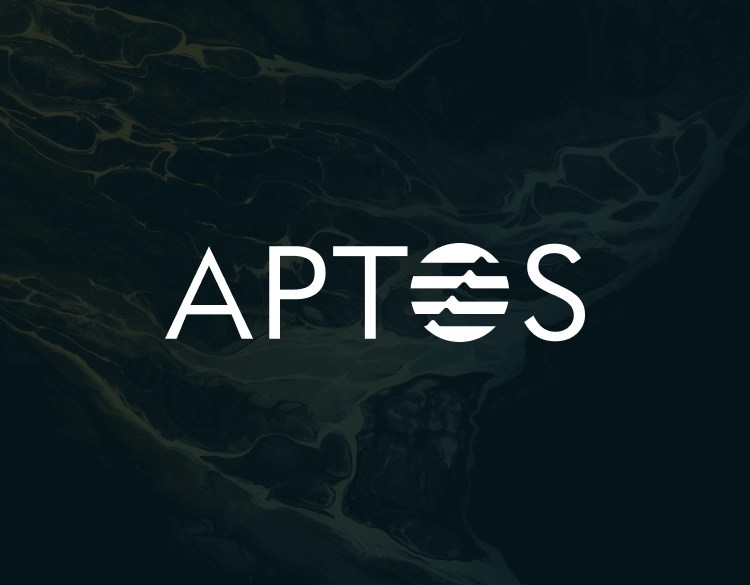In the diverse landscape of blockchain technologies, some powerful tools are often overlooked. RPC nodes are one of these developer tools that deserve separate attention.
This article explores how to use Aptos RPC, details its benefits, and discusses practical use cases. We will also briefly compare it with Cosmos RPC to highlight unique aspects of interfacing with different networks.
Understanding Aptos RPC
Aptos RPC is a protocol used by developers to interact remotely with the Aptos blockchain. It allows applications to send commands and receive data from the network, triggering actions such as querying the ledger, sending raw transactions, and accessing smart contract functionality.
Fundamentally, crypto nodes that support RPC capabilities all function under the same principles. In this regard, Cosmos RPC will bear minimal differences in functionality with Aptos nodes. Yet, it is the functionality scope of different networks that define the available methods for interacting with them.
RPC Node AdvantagesAptos leverages a highly efficient and modular architecture that promises to deliver greater usability and reliability, making its RPC interface critical for developers aiming to build scalable applications.
This, and some inherent characteristics of Remote Procedure Call nodes allow pointing out some vital benefits:
- Efficiency: RPCs allow for efficient communication with the blockchain, reducing the overhead and latency involved in transactions and data retrieval;
- Simplicity: The RPC framework simplifies the process of decentralized interactions, abstracting complex queries into straightforward API calls;
- Flexibility: Developers can interact with the chain in multiple programming languages, thanks to the diverse library support for Aptos RPC, adding to the accessibility for developers with different technical backgrounds;
- Scalability: Aptos is designed for high throughput and scalability. Its RPC nodes support these characteristics by enabling fast and reliable communication with the network, essential for applications that need to handle unexpected inflow of transactions.
For instance, the ecosystem is ideal for developing financial applications requiring fast transaction speeds and high reliability. In this case, Aptos RPC can be used to create features like real-time payment processing, automated trading systems, or other decentralized finance (DeFi) platforms.
For blockchain-based games and NFT platforms, Aptos facilitates the quick and efficient management of in-game assets and collectibles. It ensures that transactions, such as buying, selling, or trading NFTs, are processed promptly and securely.
Setting Up and Using Aptos RPC
To begin using Aptos RPC, developers can establish a connection either through a locally hosted node or via a third-party service provider that offers access to Aptos nodes.
Decision whether to run a local machine for a node or connect to existing infrastructure through third-party services mainly depends on resources available to teams or individual developers.
Third-party RPC node services typically offer affordable pricing plans or even free tiers, making them a cost-effective option for developers, especially those working on smaller projects or with limited budgets.
Additionally, many infrastructure services support a wide range of networks, providing developers with access to multiple networks through a single platform. GetBlock is a prominent example, with accessibility to well over 50 decentralized ecosystems, be it Ethereum, Bitcoin, Base, or Cosmos RPC.
- Create an account on the platform;
- Obtain the RPC endpoint URL, which nodes will use to receive client requests;
- Set up necessary development tools and libraries to interact with the network via the RPC URL.
With this minimal setup, users can begin making RPC requests to “communciate” with the Aptos network.
Choosing Between Aptos and Cosmos RPC
While Aptos RPC focuses on interaction with the Aptos network, Cosmos RPC serves a similar function within Cosmos. Here are two aspects to consider before choosing between the two options.
Network specifics
Cosmos is tailored with the modular architecture, which focuses on interoperability between different blockchain systems via the Cosmos Hub. This makes Cosmos RPC particularly valuable for applications that operate across multiple networks.
Use Case Adaptability
While both APTOS and Cosmos facilitate a range of applications from financial services to supply chain management, the choice between them often depends on specific network benefits like Aptos’s focus on high throughput and Cosmos’s emphasis on cross-chain interoperability.
In conclusion, Aptos RPC is a versatile and powerful interface for developing applications. It simplifies the complexity of decentralized interactions, making it accessible for developers to build efficient, scalable, and robust applications. Whether you are building intricate financial systems or innovative gaming platforms, RPC providers are the service to consider to integrate blockchain technology effectively into your solutions.
Follow us on Twitter for the latest posts and updates
Join and interact with our Telegram community
________________________________________
________________________________________









